
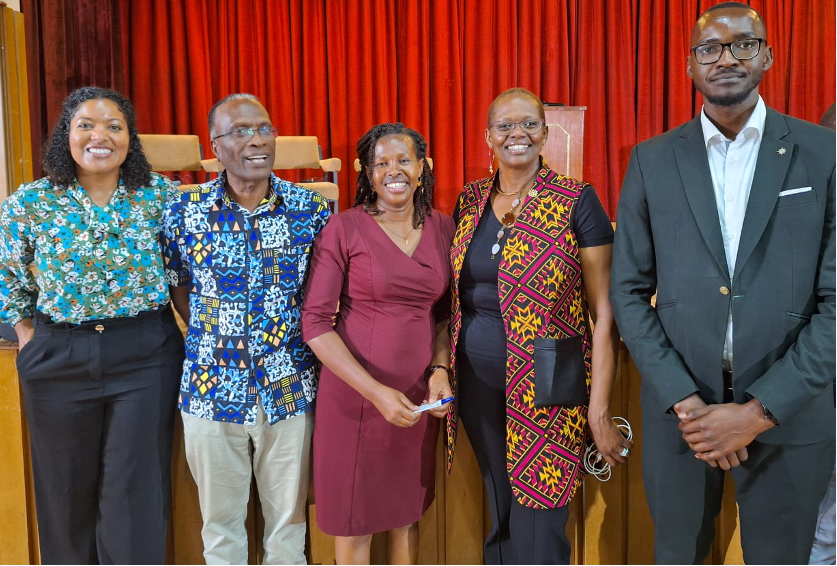
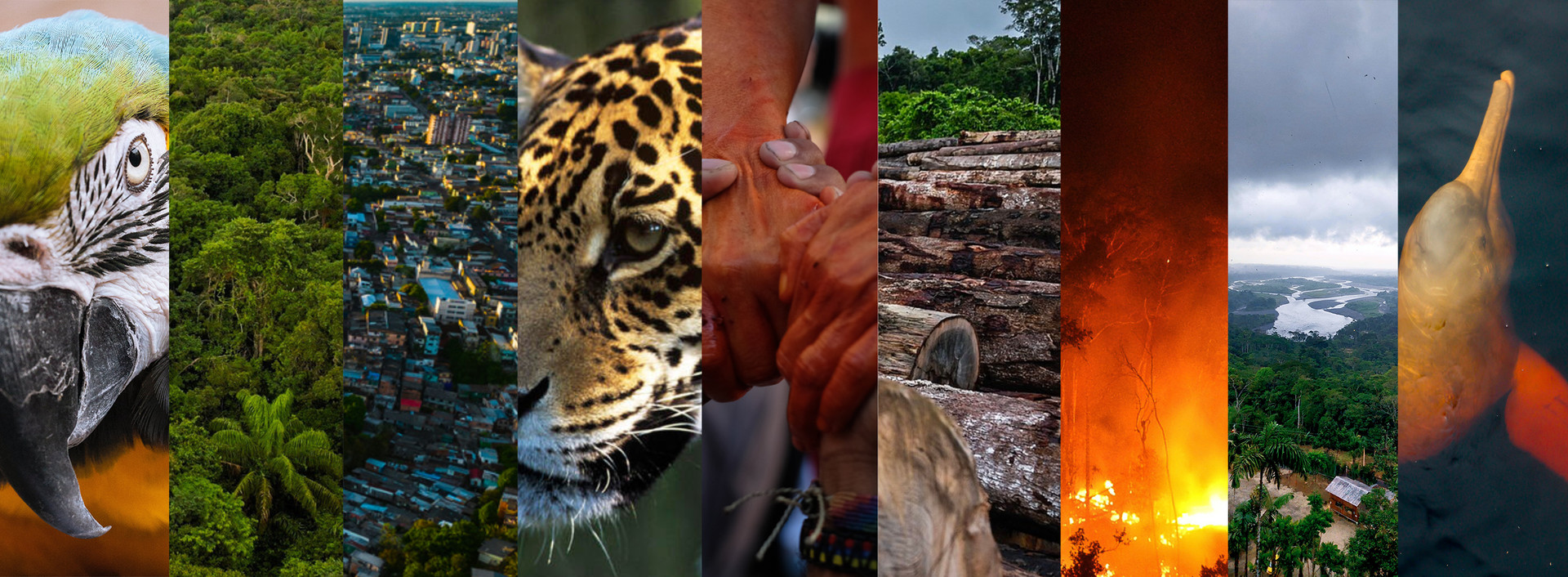
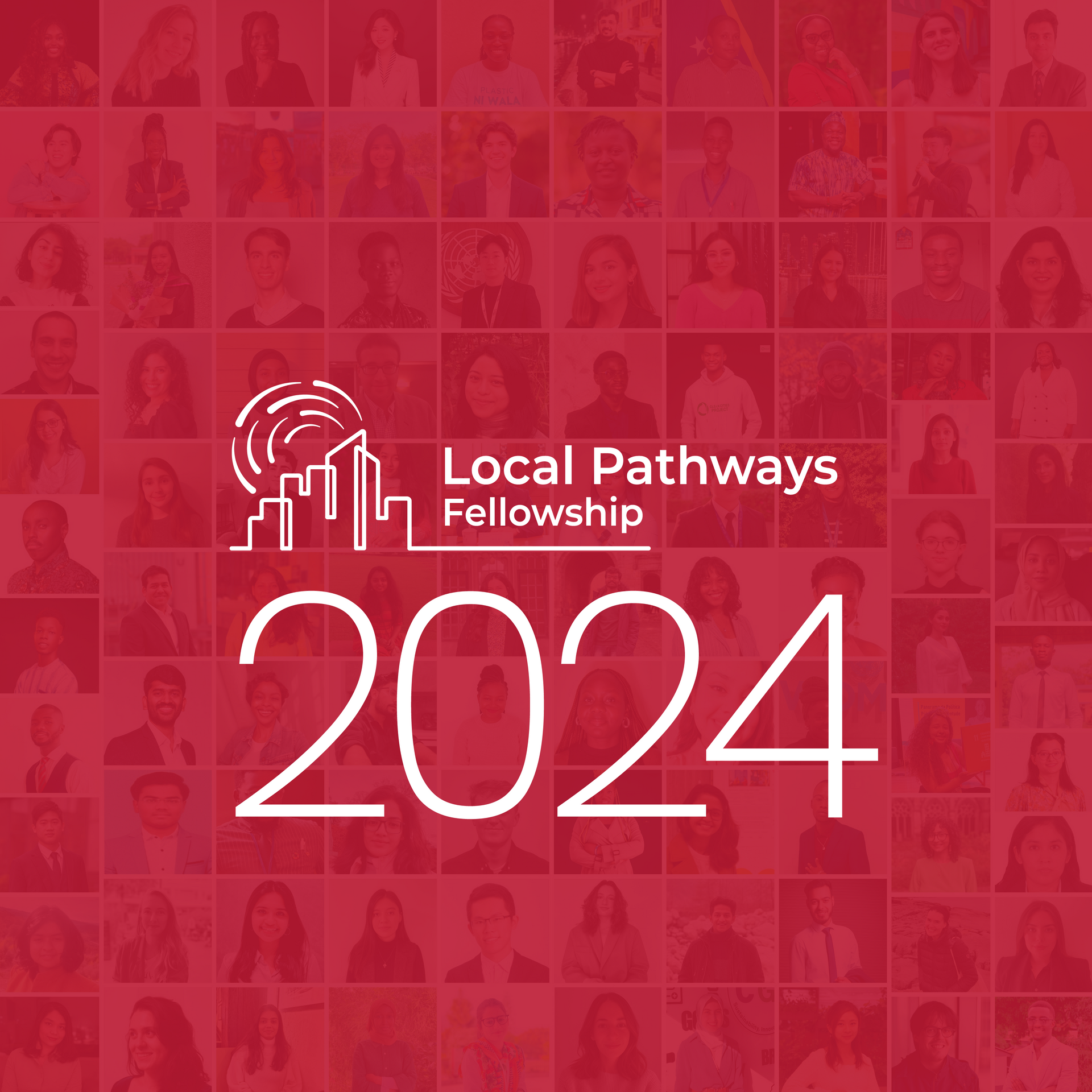
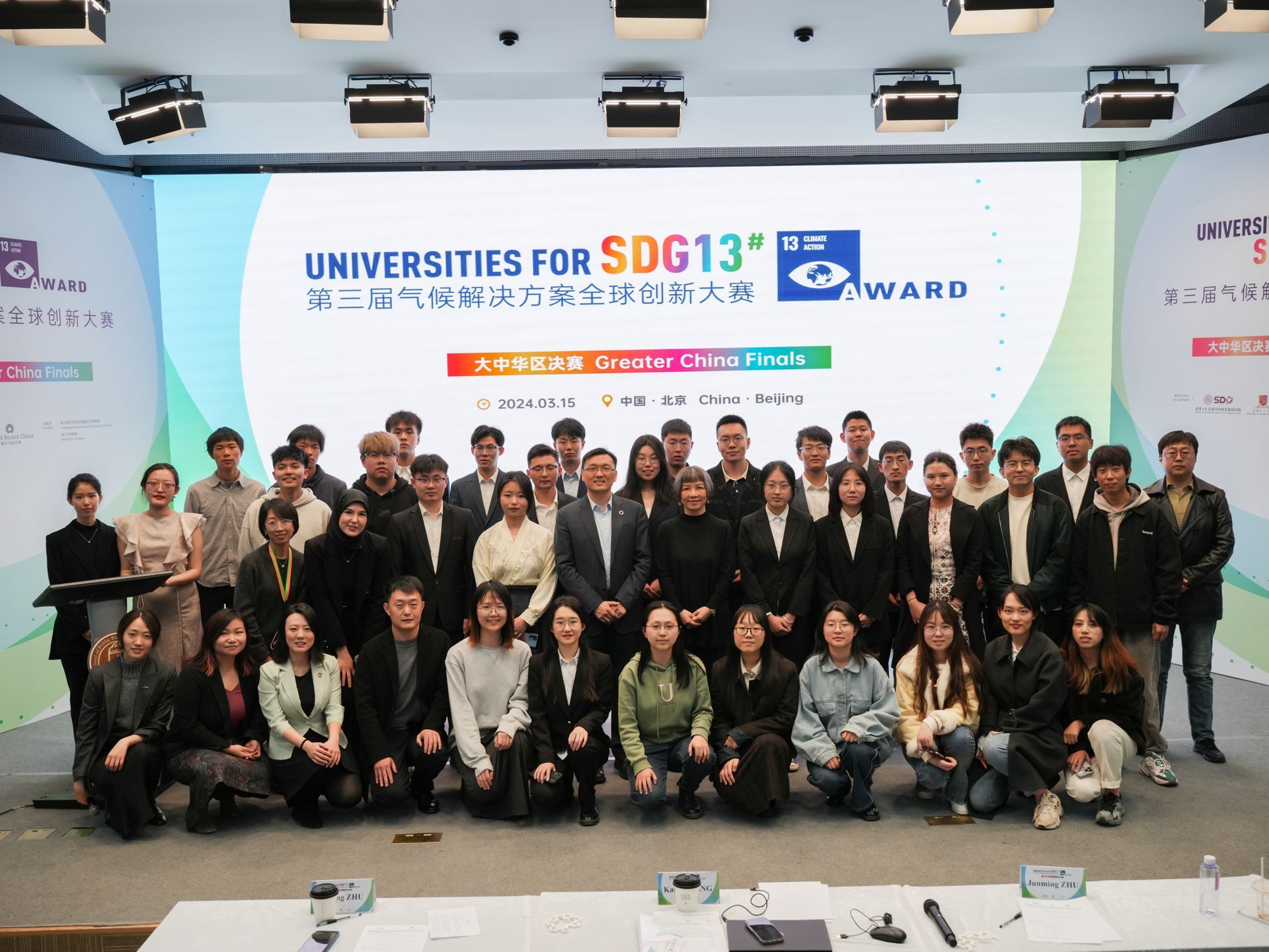
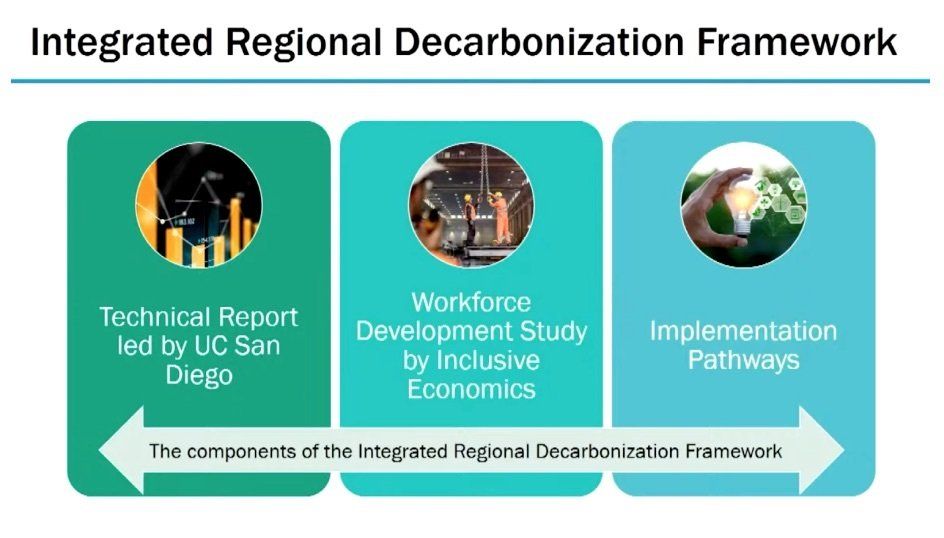
The global scientific consensus is unequivocal: the world is in the midst of a climate crisis and our window to meaningfully reduce greenhouse gas emissions (GHGs) is closing. In order to reduce the worst impacts of climate change, the international community has agreed that societies must limit the rise in mean global temperature to well below 2°C, as specified by the Paris Agreement within the United Nations Framework Convention on Climate Change. Meeting this goal requires that global net emissions of greenhouse gases reach zero by the year 2050. This entails a profound transformation and the deep decarbonization of our societies––a multidimensional challenge that is currently at the forefront of global dialogues and priorities. Where past diplomatic efforts have failed to achieve enough progress on climate change, regional models of problem-solving that account for both global commitments and local needs can emerge as a more effective strategy.
As cities, states, and countries across the world continue to commit to reducing their emissions, it is crucial that lessons are shared in a comprehensive and intentional manner in order to accelerate and support decarbonization planning and implementation processes. By presenting a clear vision of feasible decarbonization pathways for coordination among governments and sectors in the region of San Diego, California, the 2022 San Diego County Regional Decarbonization Framework (RDF) can help inform the establishment of other such roadmaps across the US and globally.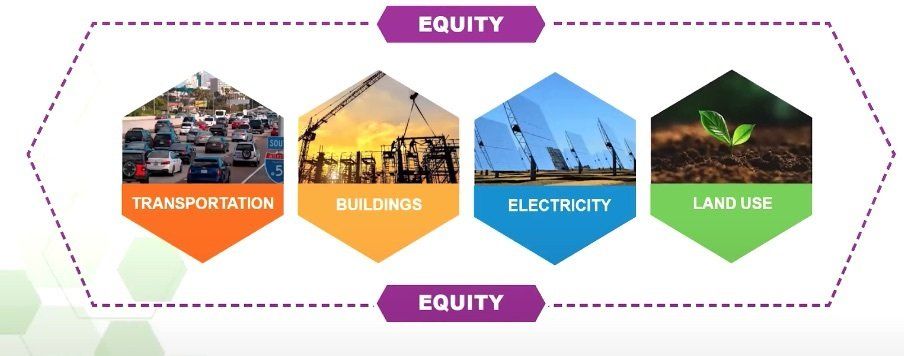
The modeling conducted in the RDF builds on many years of research, stemming from the original modeling work published in Science (2012) by one of SDSN’s senior advisors, as well as SDSN’s other extensive decarbonization pathways work, such as our Deep Decarbonization Pathways Project (2015) and Zero Carbon Action Plan (2020). Although the modeling and technical analysis in the San Diego RDF demonstrate how different sectors in the energy system can contribute to decarbonization, they are not used to identify the “right” pathway. Instead, they are used to present multiple ways forward to highlight tradeoffs, co-benefits, decision points, risks, and synergies. The analysis also explores policy processes that will help jurisdictions in the region learn about uncertainties and adjust strategies in light of new information, as the technology and policy landscape continue to evolve.
As part of our work to provide nations with networks and tools they need to decarbonize their economies, SDSN has worked closely, under the commission of the San Diego County Board of Supervisors, with a team of experts in energy systems modeling, economics, public policy, and geospatial planning from the School of Global Policy and Strategy at UC San Diego, Evolved Energy Research, Montara Mountain Energy, Fehr & Peers, Synapse Energy Economics, the Political Economy Research Institute at the University of Massachusetts Amherst, and the Energy Policy Initiatives Center at the University of San Diego. To contribute to this initiative, SDSN authored a chapter of the RDF report itself and developed an accompanying Guide to serve as a toolkit for other jurisdictions to follow in their own pursuit of decarbonization. As an addendum to the larger RDF report, this Guide distills the high-level process undertaken so far by the County, highlights the enabling factors for success, and provides a step-by-step instruction manual for other communities who wish to undertake similar long-term planning processes in their efforts to combat climate change. The Guide to Regional Decarbonization additionally includes a directory of approximately 200 carefully selected resources that can support decarbonization efforts in both the US and abroad. SDSN was also brought on as a consulting partner in the creation of the RDF to ensure that the process and results of this project are firmly integrated into various multilateral fora, both within and alongside formal UN processes. By leveraging our global network of knowledge institutions, SDSN will help scale the findings of the RDF through various consortiums to further contribute to the global climate agenda and the development of other decarbonization frameworks.
The RDF is a novel demonstration of science-based collaborative long-term planning that other regions and jurisdictions should adapt and replicate in order to keep global warming below 1.5ºC. The process undertaken by San Diego County can serve as a valuable case study, which is especially important because despite the expanding recognition of the need for decarbonization and rising amount of pledges worldwide, guiding material on successful examples and best practices for long-term decarbonization planning at a subnational regional level are scarce. Thus, by disseminating the findings of the RDF, the decarbonization efforts undertaken by the San Diego region can have a measurable impact on global emissions by generating followership among others and sharing durable innovations that can be expanded and replicated. It is our hope that the process undertaken by San Diego County will help equip jurisdictions with the strategies and resources they need to create and advance science-based pathways to regional decarbonization during this decisive Decade of Action.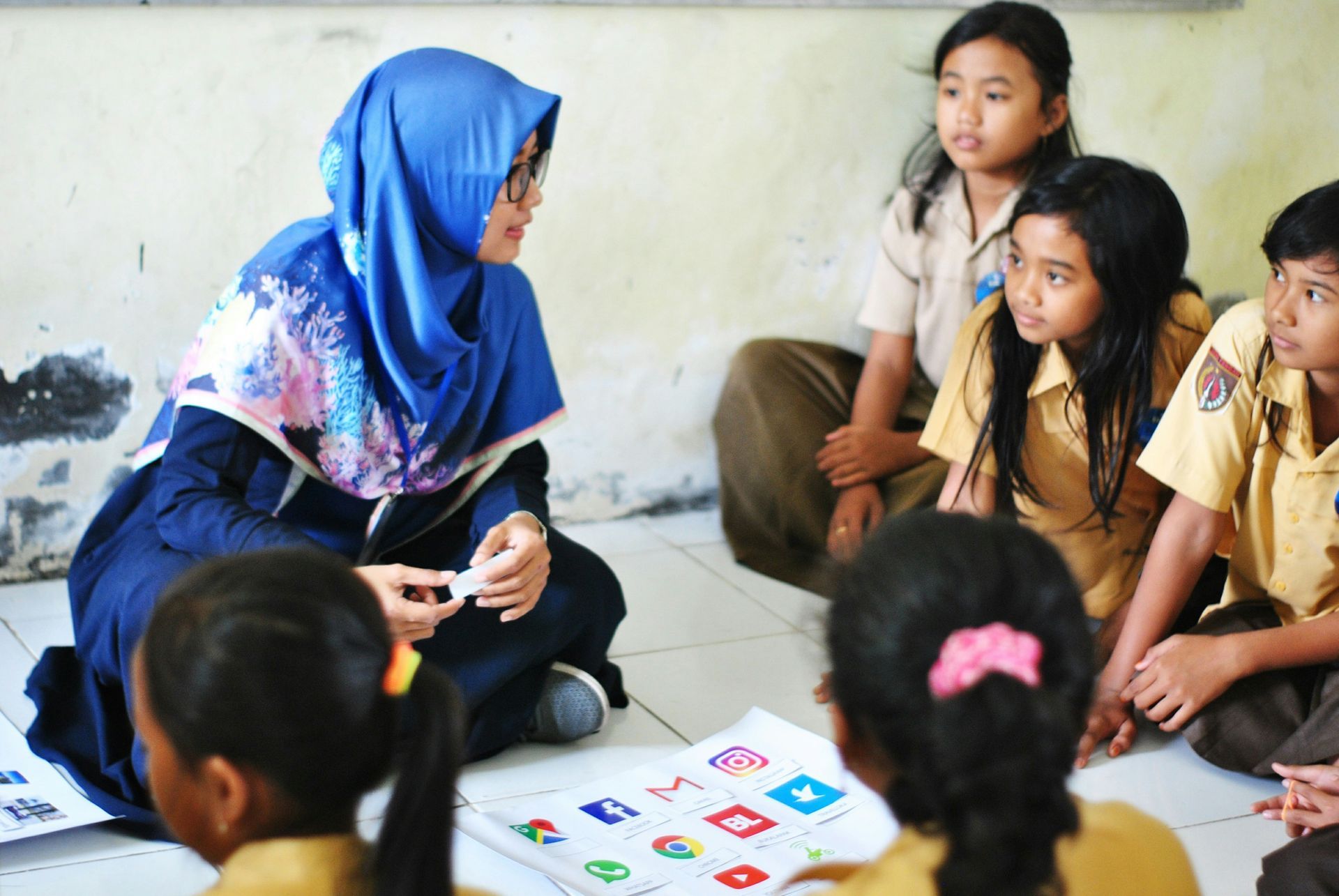





Get our latest insights, opportunities to engage with our networks, and more.
SDSN mobilizes global scientific and technological expertise to promote practical solutions for sustainable development, including the implementation of the Sustainable Development Goals (SDGs) and the Paris Climate Agreement.
Paris
19 rue Bergère
75009 Paris
France
+33 (0) 1 84 86 06 60
New York
475 Riverside Drive
Suite 530
New York NY 10115 USA
+1 (212) 870-3920
Kuala Lumpur
Sunway University
Sunway City Kuala Lumpur
5 Jalan Universiti
Selangor 47500
Malaysia
+60 (3) 7491-8622